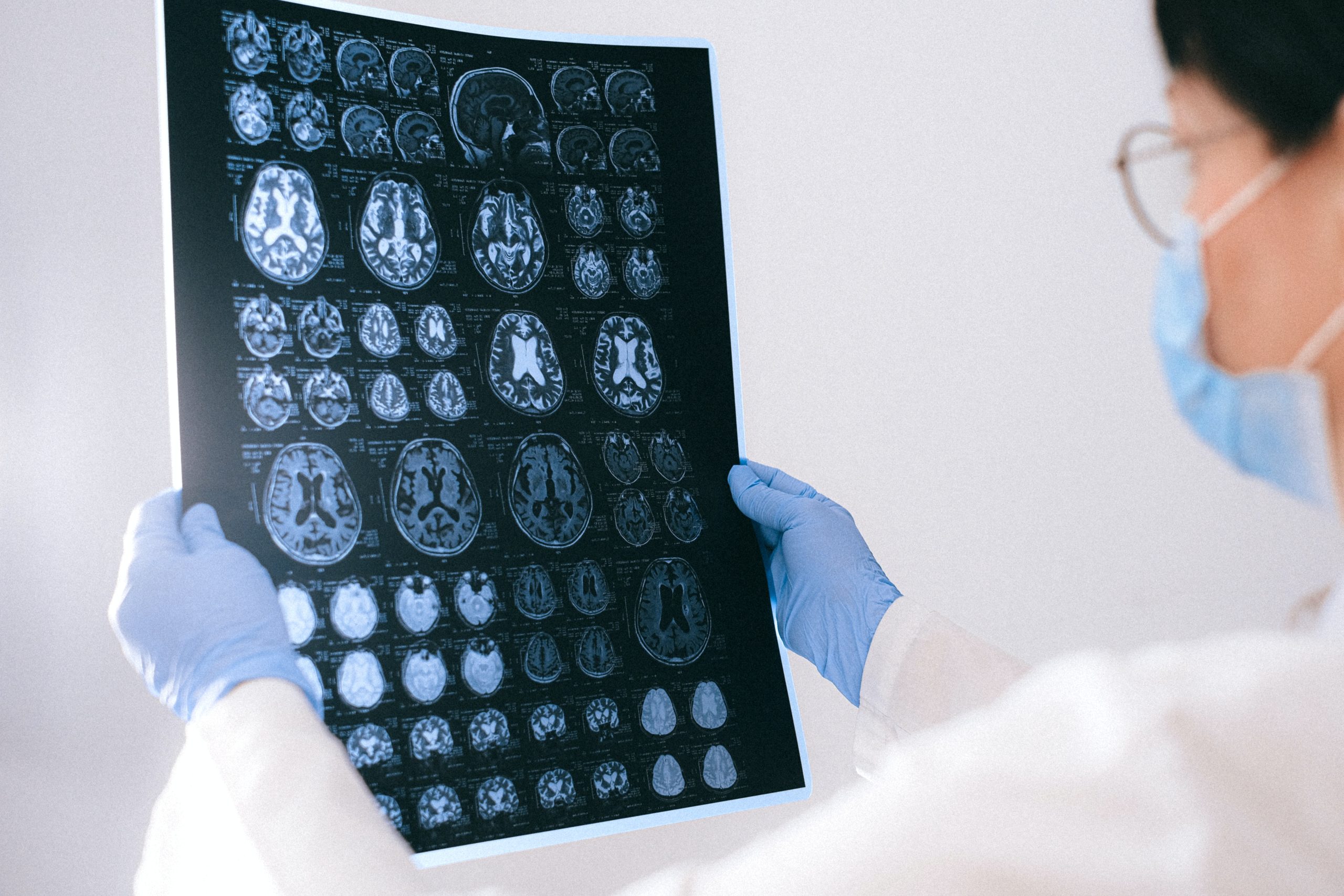The reported disorders can range from psychosis, dementia, seizures and ‘brain fog’ along with a possible increased risk of depression and anxiety.
Covid-19 can cause neurological and psychiatric disorders two years after diagnosis, a new study by Oxford University found.
The study matched 1.25 million people who got Covid over the past two years with the same number of those diagnosed with other respiratory diseases. During the data analysis, researchers found 14 different diagnoses of brain disorders.
Most of the patients came from the US while others were from Australia, Britain, Spain, Bulgaria, India, Malaysia and Taiwan. The group consisted of 185,000 children and 242,000 adults to understand the different risks among each age group.
The researchers noted that unrecorded cases of Covid-19 and vaccinations are among the limitations of the study.
“The study has several limitations. It is not known how severe, or how long-lasting, the disorders are. Nor is it clear when they began, since problems may be present for some time before a diagnosis is made,” read the study.
The reported disorders can range from psychosis, dementia, seizures and ‘brain fog’ along with a possible increased risk of depression and anxiety.
“Notably, the increased risk of anxiety and depression subsides within two months of Covid-19 and, over the whole 2-year period, are no more likely to occur than after other respiratory infections,” said the study.
After assessing children under the age of 18, researchers found that younger age groups have a lower risk of developing the neurological and psychiatric disorders after being infected with Covid-19.
The common risk found in the study between 18-to-64 year-olds was cognitive deficit, also known as “brain fog”, affecting 6.4% of people who had Covid over the past two year period.
However, Dr. Max Taquet who led the research said children were twice as likely to develop epilepsy or seizures.
Looking into Covid variants, the study found that more neurological and psychiatric disorders were reported during the rise of the highly-contagious delta wave in comparison to others.
“It is good news that the excess of depression and anxiety diagnoses after Covid-19 is short-lived, and that it is not observed in children,” said Professor Paul Harrison, Department of Psychiatry, University of Oxford, who headed the study.
A total of 4.5% of seniors aged 65 and above developed dementia two years after contracting Covid, in comparison to 3.3% in the control group with other respiratory infections.
The latest findings come after previous research linked neurological symptoms of Covid-19 and dementia.
Last year, the Alzheimer’s Disease International (ADI), the global federation of dementia associations, found that Covid can lead to long-term brain damage.
“Increased isolation due to the restrictions brought about by the Covid-19 pandemic…is in itself, considered a risk factor for the development of dementia due to the lack of cognitive stimulation that helps delay the onset of symptoms,” Maha El Akoum, public health professional currently working as Head of Content at World Innovation Summit for Health [WISH], wrote for Doha News last year.







